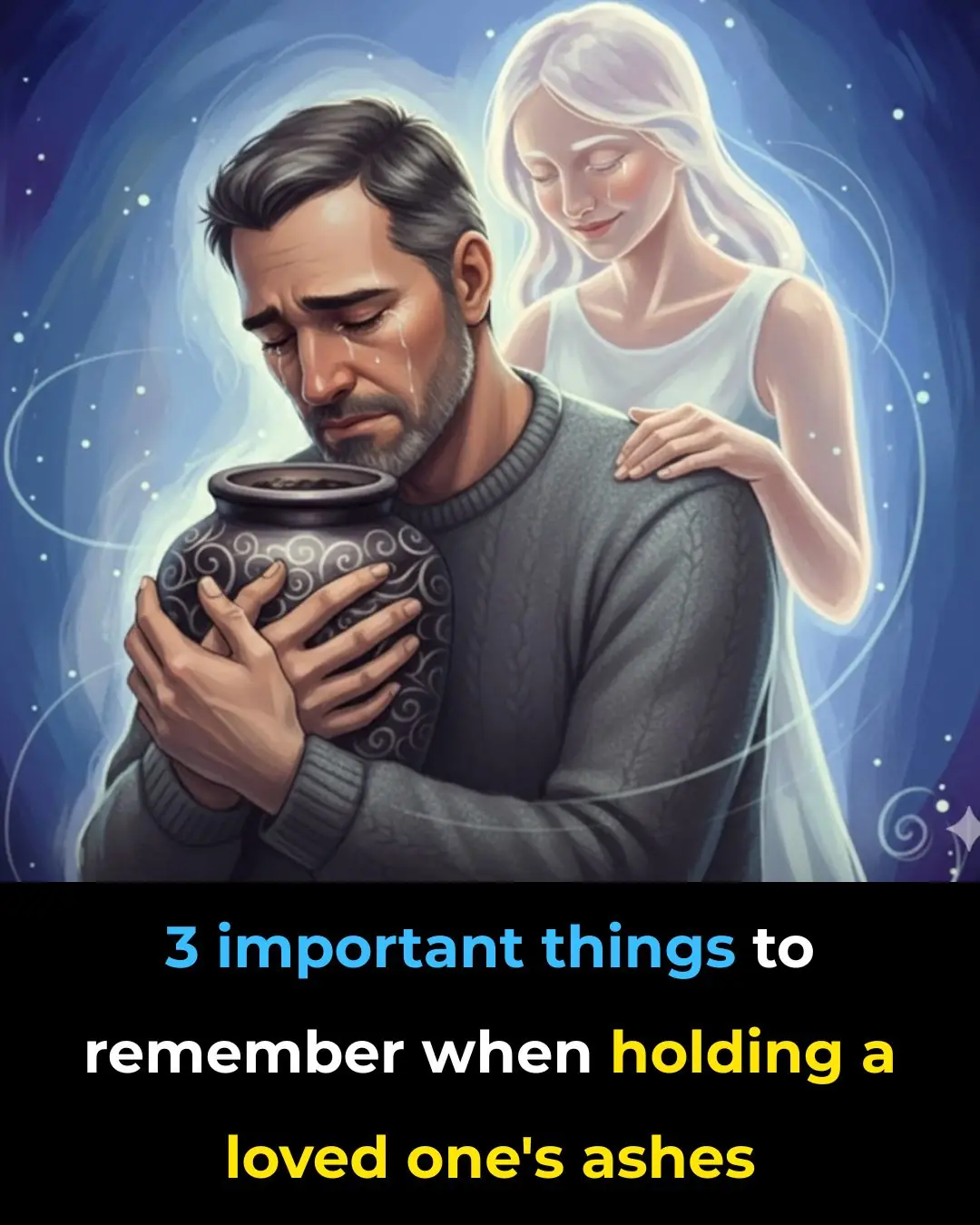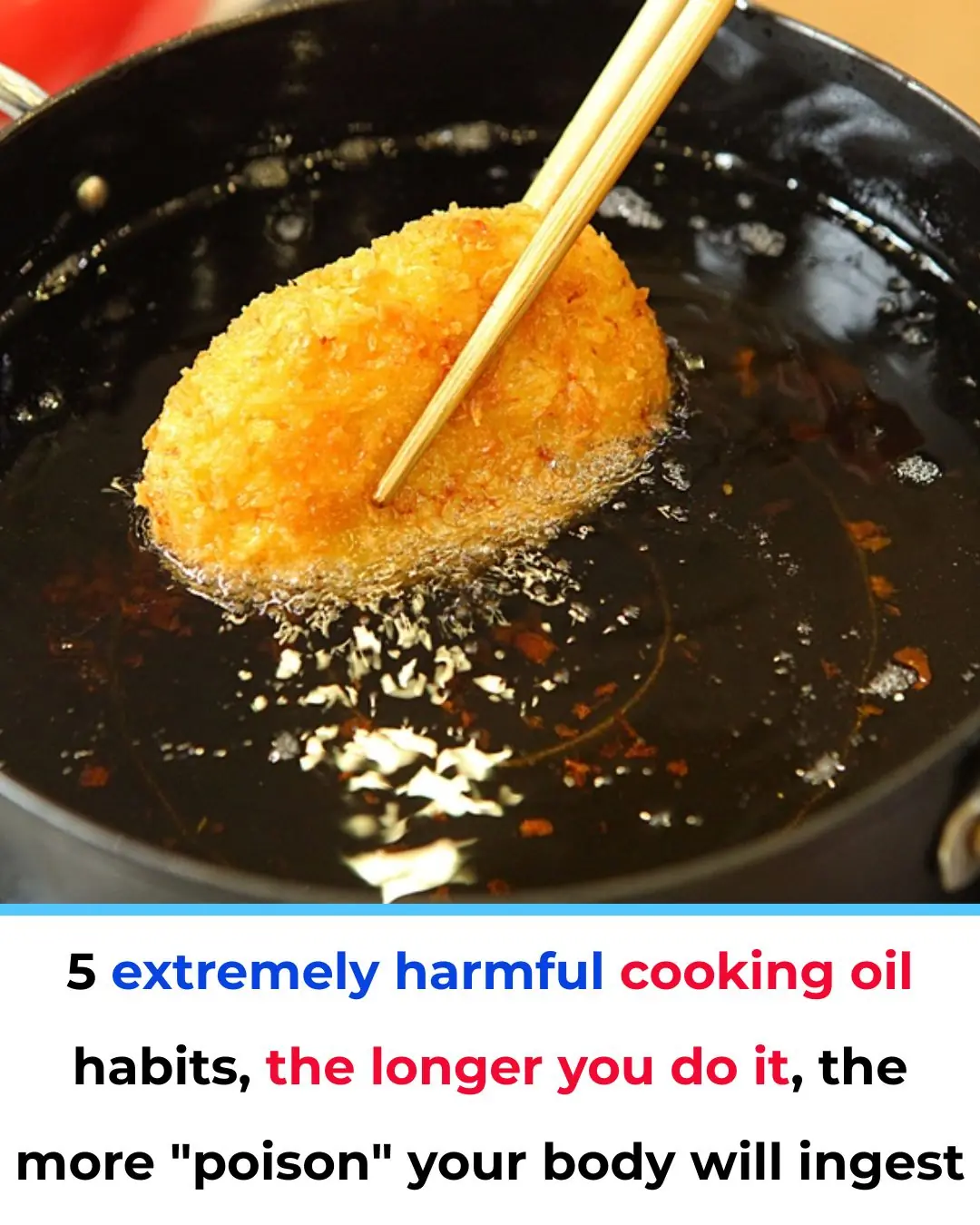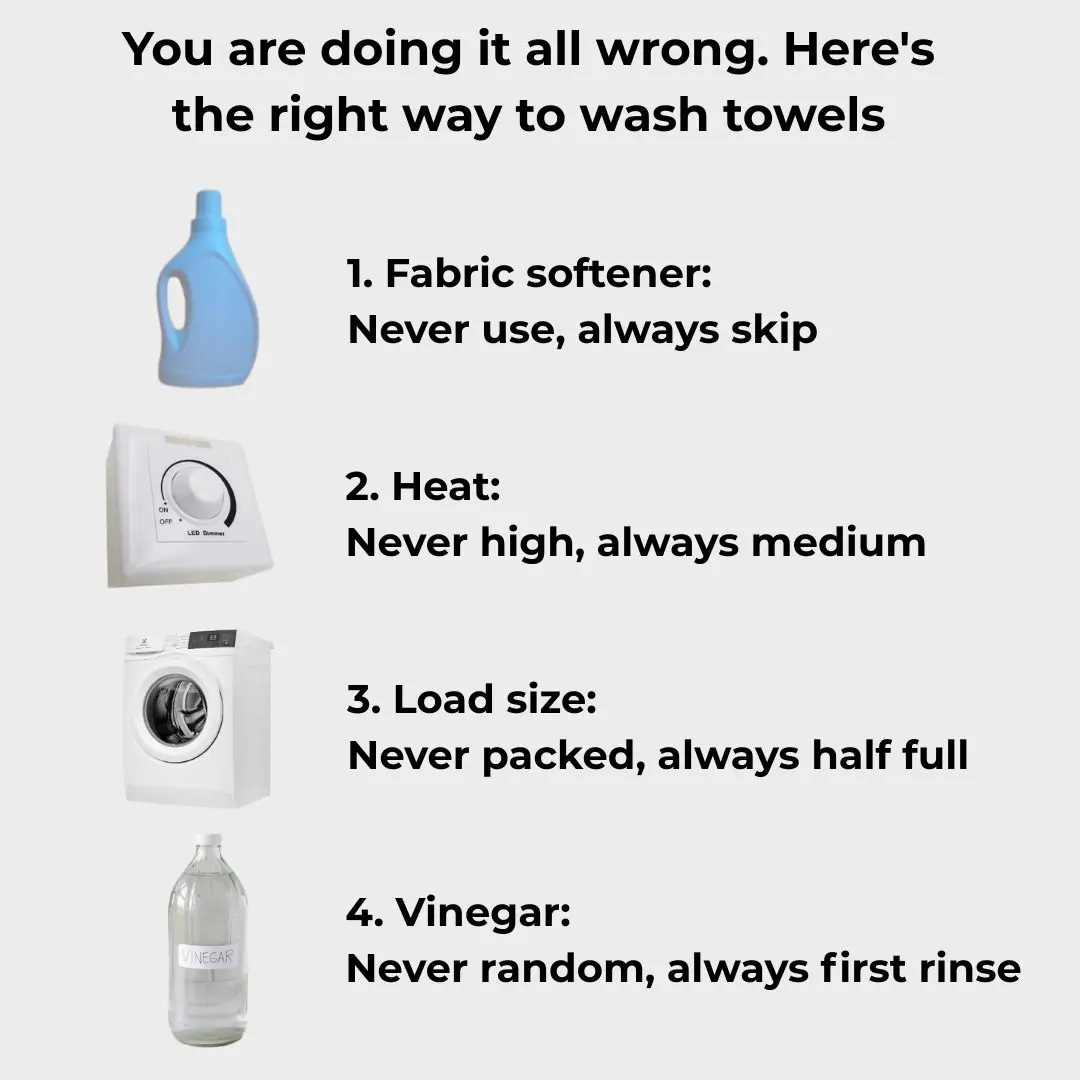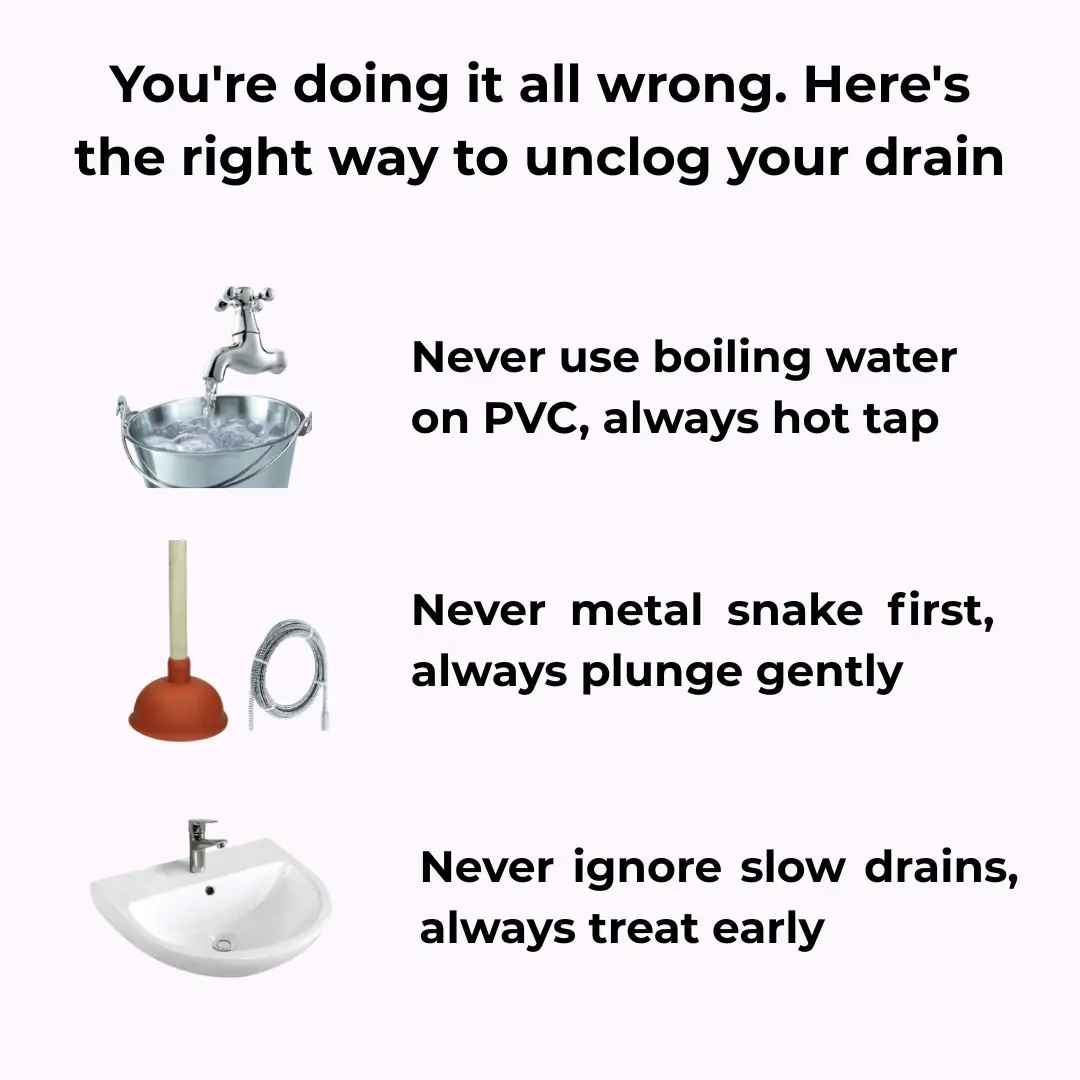
What Your Pile of Dirty Dishes Might Really Be Saying About You
What Dirty Dishes Might Reveal About Your Mental Health
It’s easy to brush off a pile of dirty dishes as a simple case of procrastination. After all, everyone puts off chores sometimes. But according to psychology experts, a cluttered sink might be saying more about your emotional state than you think. The condition of our environment often reflects what’s happening inside us — and that growing tower of unwashed plates can be a quiet signal of mental and emotional overload.
When the Dishes Become a Mirror of the Mind
Clinical psychologists note that when people are struggling with stress, anxiety, or depression, even the most ordinary tasks — like washing a few cups — can start to feel overwhelming. Mental health challenges often drain a person’s energy, focus, and motivation. As emotional exhaustion builds, simple responsibilities can begin to feel impossible, and the dishes begin to pile up right alongside those heavy feelings.
Psychologists describe this as a form of executive dysfunction — when the brain struggles to plan, organize, and complete tasks, even when there’s a genuine desire to do so. It’s not about laziness or poor discipline; it’s about how emotional fatigue affects our ability to function. Dirty dishes, overflowing laundry baskets, or cluttered rooms can all be symptoms of an overburdened mind, not signs of carelessness.
The Emotional Cycle of Avoidance and Self-Blame
Many people trapped in this cycle experience shame and guilt. The longer chores are avoided, the more daunting they become — creating a loop of inaction and self-criticism. Each time someone looks at that sink full of dishes, it can trigger feelings of failure or frustration, which only reinforces the sense of paralysis.
Mental health professionals emphasize that this pattern is common among those battling depression or anxiety. The issue isn’t the dishes themselves — it’s what they represent: a loss of control, depleted energy, and an unmet need for rest or support.
Why Routine Chores Can Actually Support Mental Health
Interestingly, everyday chores like dishwashing can serve as gentle mental resets. Completing small household tasks provides a sense of order, accomplishment, and stability — something especially valuable during emotionally turbulent times.
When a person avoids these tasks, it’s often because they’re too drained to experience that sense of reward. Over time, neglecting these small acts of self-care can deepen the feeling of hopelessness. Reintroducing structure, even in simple ways, helps rebuild confidence and emotional balance.
It’s Not Always a Sign of Crisis — But It’s Worth Noticing
Of course, having dirty dishes doesn’t automatically mean you’re experiencing a mental health crisis. Everyone has off days, busy schedules, or moments of low motivation. The key is to look at patterns rather than isolated incidents.
If you notice a consistent struggle to manage daily responsibilities, or if you’re feeling persistently low, anxious, or detached, it might be time to speak with a mental health professional. Therapy can help uncover what’s beneath that emotional fatigue — whether it’s burnout, depression, or simply the need for new coping tools.
Small, Compassionate Steps Can Break the Cycle
Psychologists often recommend starting small. Setting a timer for just five minutes, tackling one dish at a time, or using music to make chores feel lighter can help. The goal isn’t perfection — it’s progress and self-kindness.
When your energy feels low, think of these tasks not as burdens, but as gentle acts of care toward yourself. Washing a single plate, clearing a small corner of a countertop, or wiping down a surface can be surprisingly grounding. Each small action is a quiet reminder: you’re capable, you’re trying, and that’s enough for today.
The Dishes Are Never Just Dishes
At first glance, the dishes might just seem like another task on your to-do list. But sometimes, they’re a reflection — not of laziness or neglect, but of a mind that’s asking for rest, balance, and compassion.
So the next time you catch yourself staring at that sink, don’t rush to judgment. Instead, pause and ask yourself: What might my environment be telling me about how I’m feeling? Because behind the clutter, there might be an invitation — not to clean, but to care.
News in the same category


Zodiac Signs Most Likely to Have Prophetic Dreams

Scientists Claim Black Hole Could Explode in the Next 10 Years—with 90% Certainty

9 Signs Your Partner Is Trying To Get Closer To You That You Might Not Realize

When a cat rubs against you, this is what it means

WHAT HAPPENS WHEN WE TONGUE KISS…See more

What makes a man leave his wife for another woman

How to Hold and Handle an Urn with Ashes: 3 Things You Should Always Remember

Can You Spot The Problem With This Picture

9,000 Mysterious Underwater Objects Detected Along US Coastlines Spark Navy Alarm

Ladies, when a man doesn’t appreciate you, DO THIS ...

Investigator Finds Dog Tied Up Under Scorching Sun, Marked with Leopard-Like Spots

Ghost the Giant Pacific Octopus Captures Hearts in Her Final Moments

How China is Reshaping Online Influence Through New Rules

5 Extremely Harmful Cooking Oil Habits That Slowly Poison Your Body

How often should you shower

Choose a Nail to Discover What Kind of Woman You Are

Never Do These 15 Things for a Man (Even If You’re Madly in Love With Him)

Adam Sandler Sends Heartfelt Flowers to Jennifer Aniston EVERY Year On a Specific Day and Here’s Why
News Post

DIY Survival Water Filter: A Simple Life-Saving Tool You Can Make Anywhere

30 Powerful Reasons You Should Stop Ignoring Purslane

Why drinking your sugar is more harmful for diabetes than eating it, study finds

You are doing it all wrong. Here’s the right way to store leftovers

When a cat rubs against you, this is what it means

Zodiac Signs Most Likely to Have Prophetic Dreams

Ivy and Vinegar: A Safe and Natural Spray to Keep Pests Off Your Garden

Garlic, Honey, and Cloves – a powerful natural remedy packed with health benefits

Vinegar is the key to streak-free windows and shiny surfaces, but most use it wrong. Here's the right way to use it

Haven't heard that before

You are doing it all wrong. Here’s the right way to store leftovers

10 genius tricks to revive your garden patio

You are doing it all wrong. Here’s the right way to wash towels

They look so harmless

How to Remove a Fish Bone from Your Throat 🐟😮

You’re doing it all wrong. Here’s the right way to store knives

You’re doing it all wrong. Here’s the right way to unclog your drain

Detroit Man Went From Quitting His Job To Buying A Building For His Car Detailing Business After It Went Viral On TikTok

Thyme Essential Oil Shows Signs of Killing Lung, Oral and Ovarian Cancer
